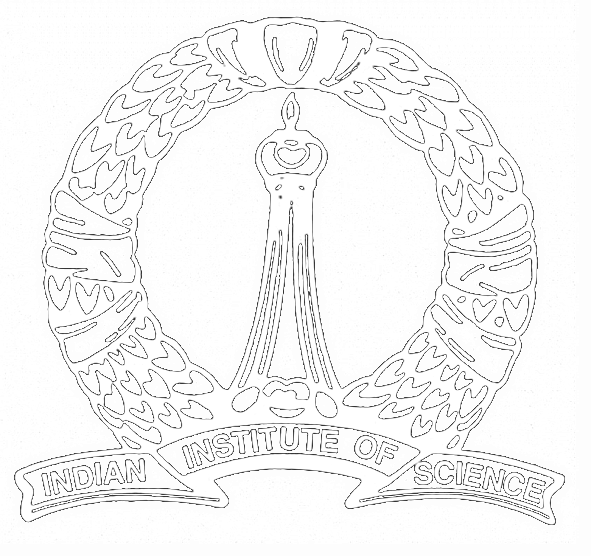Eigenfunctions Seminar
Title: Two perspectives in number theory: explicit and probabilistic
Speaker: Kaneenika Sinha (IISER Pune)
Date: 06 September 2024
Time: 3 – 5 pm (with a 15 minute break in between)
Venue: LH-1, Mathematics Department
“Explicit” number theory is the name given to the study of what are called zero-free regions of the Riemann zeta function and other L-functions. An explicit determination of such regions often reveals deep arithmetic properties of the underlying object attached to the concerned L-function. More generally, it could refer to the use of “explicit”, often technical methods to understand an arithmetic object. On the other hand, “probabilistic” number theory attempts to investigate arithmetic properties of an object by treating the object as one in a family of many, and exploring these families of varying sizes through the viewpoint of probability. In this talk, we will explore both perspectives and compare the wealth of information each perspective presents to us. In particular, we will address the study of Fourier coefficients of certain modular forms (called the Hecke eigenforms) through both the above viewpoints.
- All seminars.
- Seminars for 2024
